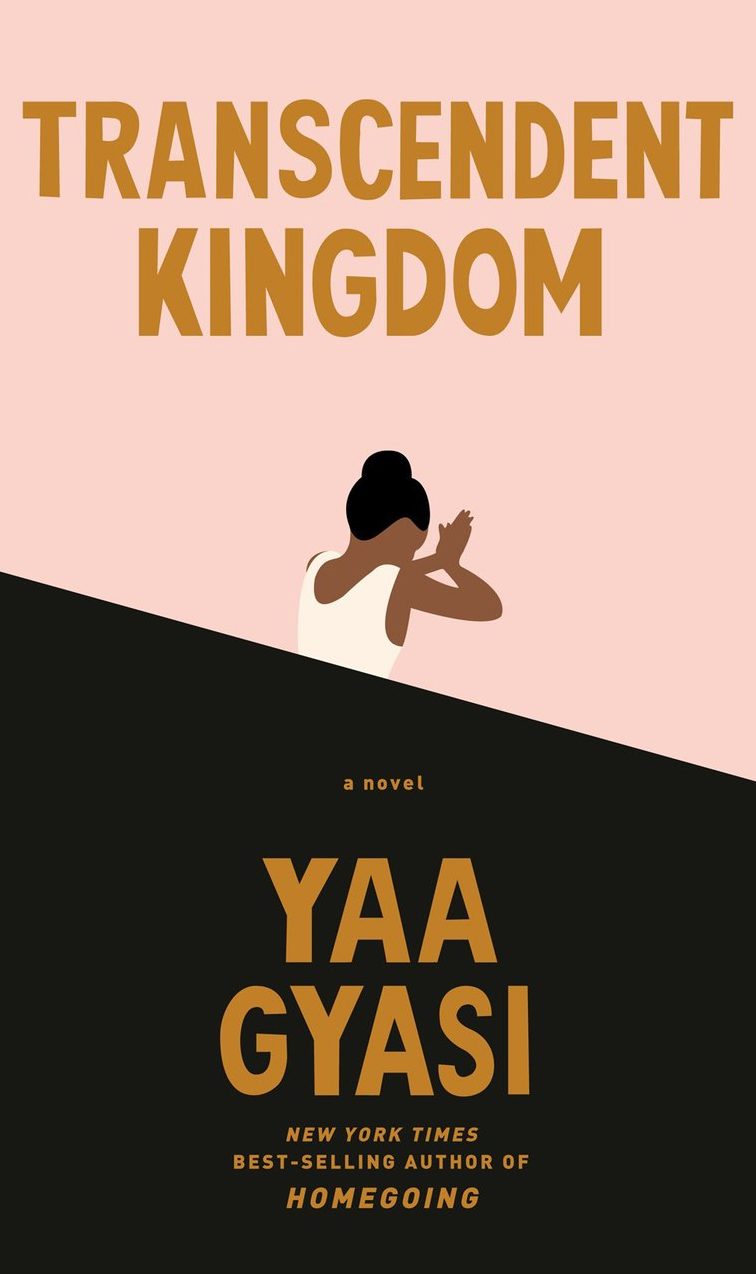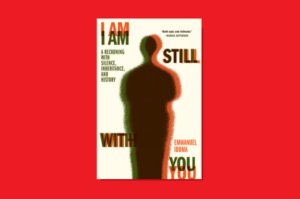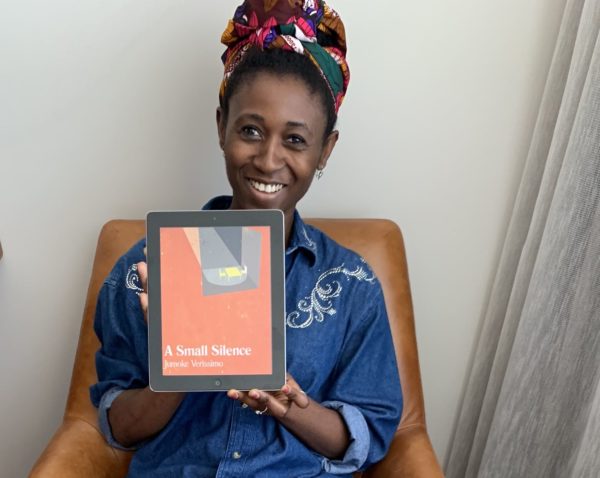
The University of Wisconsin-Madison selected Yaa Gyasi’s Transcendent Kingdom as this year’s Go Big Read book. We invited members of the University community to share their thoughts about the book. This review by Ainehi Edoro is the final of 4 reviews published weekly. Read the first one here, the second one here, and the third one here.
***
Transcendent Kingdom is the story of Gifty, an American woman born to Ghanaian parents in Alabama. When we meet her, she is a reserved and brilliant woman of 28 working on a doctorate in neuroscience at Stanford’s School of Medicine. She is studying reward-seeking behaviors in mice while taking care of her mother who is battling depression. The novel stages an encounter between Gifty’s upbringing in evangelical Christianity and her life as a scientist.
A second book is always a tricky thing, especially when the first book was a monumental success. Readers’ expectations can make the second book project daunting. But with Transcendent Kingdom, Gyasi has written a beautiful book that stands on its own. Her first book Homegoing explores history and violence in large scale. It moves through seven generations and four centuries. The book is transatlantic in scope and features a large ensemble of characters. It asks the reader to feel small in the face of a history that is as grand as it is brutal in its violence against black bodies.
With Transcendent Kingdom, we go from a story that takes place on a global scale to a story about a woman who doesn’t want to leave her bed. The drama of life takes place in small, closed spaces such as the bedroom in Gifty’s small apartment where her mother is effectively bedridden from depression and her laboratory where mice run around in confined spaces. But this narrowing of space allows Gyasi to ask a different set of questions about racism. Racism, not as a question of transatlantic history, but as something that penetrates intimate spaces such as the household and the body. The novel connects old myths about the human mind and body and the devastation caused by racism as a system that exposes life to violence.
Gifty is a deeply contemplative character. From childhood, she has grappled with big questions about life. Her becoming a neuroscientist is in fact a continuation of this attraction to existential questions about the body, life, religion, God, and so on. One of the key questions in the book has to do with the human. The title of the book recalls something that Gifty’s highschool biology teacher likes to say: a human “is the most complex animal, the only animal who believed he had transcended his Kingdom.” This idea that humans are special because, unlike other animals, they have gone beyond their biological states is an age-old myth in western philosophy, one that has shaped fundamental assumptions in both science and Christianity. Whereas science justifies the claim about human specialness by pointing to the brain, Christianity does the very same thing by pointing to the soul. The novel alerts us to the deep flaws in these ways of accounting for the human experience.
Take for example Gifty’s brother Nana. He is a captivating, endearing young man but also put on a pedestal by the majority white and largely racist community for his athleticism. But the right mix of family trauma and loss of his athletic power changes all that. He becomes an opioid addict, and the trauma of his addiction takes its toll on their mother who becomes chronically depressed, spending all her days lying in bed, not speaking, not eating, not living. Is drug addiction a problem of will power, a moral failing, the effect of a corrupted soul? Or is it the outcome of a defective brain? These attempts to explain addiction by evoking images of the ideal human soul or ideal human body fall short because they fail to take into account the complex of experiences that shapes a human life. Nana might be susceptible to addiction according to the unique reward pathways of this brain, but that doesn’t explain how a racist world where the value of a black boy’s body is reduced to his athletic prowess could turn against him when he loses that prowess. Science can explain why Gifty’s mother could not just snap out of her sadness but does not account for the systemic disadvantage she suffered as a poor African immigrant, a single parent with two children, and the betrayal of her religious community.
The novel asks us to think about how much of the way we talk about addiction and depression is tied to harmful myths about human exceptionalism. What happens to people who don’t exhibit the right attributes of the soul or those whose brains are wired differently? Who gets to be banished from the transcendent kingdoms of humanity because of their ties to the body: people battling with mental health issues or addiction, and others who do not fit into the ideal of a transcendent humanity?
Transcendent Kingdom is a special book for the ways it refuses to provide simply resolutions. At moments where the reader wants easy answers anchored on simple binaries— religion versus science; addiction versus will power— Gyasi presents something more complicated but also more truthful.








COMMENTS -
Reader Interactions